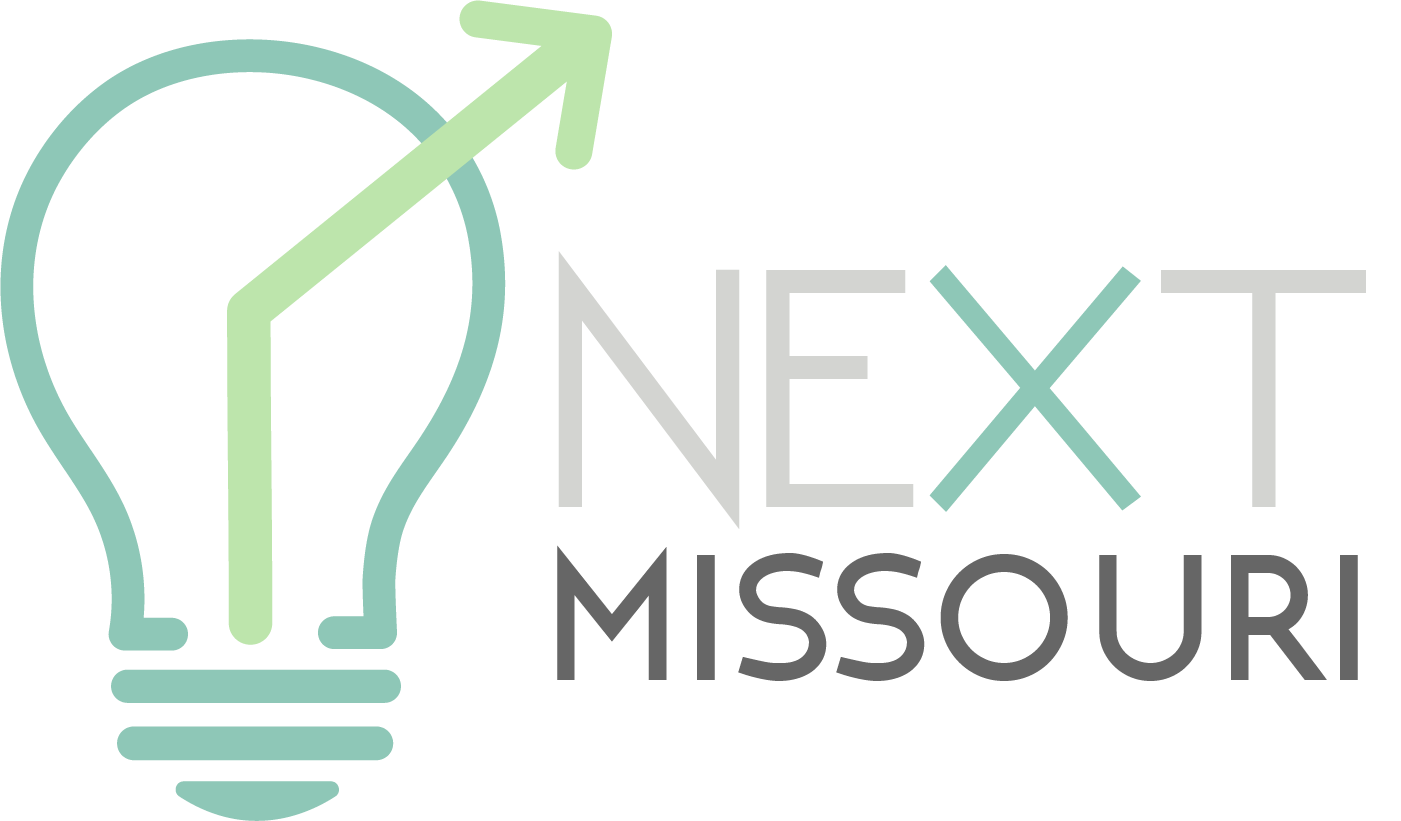Policy Platform
Entrepreneurship is part and parcel with the American dream. A ‘startup’ itself, the story of the United States carries deep entrepreneurial roots—from famed inventors and innovators, to our Founding Fathers. The very act of launching a new venture in spite of existing barriers, market trends, or larger, more established competitors is, at the very least, revolutionary in nature. Our country owes much to the contributions of entrepreneurs—new technologies, products, services too numerous to name within this document. It is too often we overlook these contributions and fail to realize the barriers that exist for many Americans who want to participate in this part of the American dream by starting something of their own.
For the state of Missouri, the contributions of entrepreneurs to the economy could not be more clear: state and federal jobs data show nearly 80% of new jobs in Missouri are created by startups, an average of 40,000+ net new jobs per year. This data shows new businesses are unequivocally driving the future of our state’s economy.
Unfortunately, Missouri and new business owners face an uphill battle for further economic and individual gains. Missouri painfully lags our peer states when it comes to overall job and wage growth (bottom quartile comparatively with 14 midwestern states). Furthermore, economists project that Missouri’s population will increase at a rate of only 6% over the next decade, compared to an average national growth rate of 10%. At any ‘rate’, we’re headed in the wrong direction.
A closer look at our state’s economic development strategy helps illuminate Missouri’s challenges. Unfortunately, strategies to support new business formation have been neglected or absent for many years. Vast amounts of economic development resources are concentrated on incentivizing the relocation of existing businesses instead of the growth of new ventures. If this strategy is out of alignment, many of the resources and policies that could be employed to support new businesses and new business owners are simply left off the table.
Fortunately, entrepreneurs and new business owners are not without statewide champions. Informal networks of partners and stakeholders have been convening and collaborating across Missouri through a variety of channels and for several years. Over time, these informal networks solidified in NEXT Missouri, a 501(c)(4) advocacy organization that was publicly launched in January of 2020 with 20 stakeholder organization members from all regions of Missouri. Quickly called into action facing continued cuts to the Missouri Technology Corporation (MTC), the state’s best and primary vehicle to support high-growth tartups, NEXT Missouri leadership rapidly deployed messaging to its growing network about the devastating nature of the funding cuts, and mobilized a campaign prompting stakeholders to contact state legislators and the governor urging them to stabilize and restore MTC funding to sustainable levels.
The ‘anthem’ and expressed goals of NEXT Missouri are clear: in order to push Missouri’s economy forward, we need explicit support for new businesses. To realize these outcomes, Missouri must:
create a pro-entrepreneur climate;
champion activities that support new businesses; and
promote new business opportunities for all Missourians, especially for communities where entrepreneurship is traditionally underrepresented
While these goals seem generic in nature, we believe a strong indicator of future success lies within the survival rates for new businesses. While startups generate an average of 79% of new jobs in Missouri and pay wages that exceed the state average wage in their second year, Missouri has, at times, struggled to promote the sustainability and growth of new business. In 2019, Missouri ranked last in the U.S. for survival rate of startups—just over 70% of Missouri startups survive past their first year, 9% below the national average. By creating a more friendly policy landscape for new businesses, NEXT Missouri believes the state can flip this trend; increase the survival rate of new firms; and, as a direct result, generate positive economic outcomes for the state.
Leaning heavily on the America’s New Business Plan framework via the Start Us Up Coalition, NEXT Missouri leadership sought feedback (through round tables, surveys, and polls), from both individuals and organizations alike, around both policy ideas that would be beneficial for new business owners and challenges that prevented them from further growth. Slowly, these ideas solidified into key policy ideas and recommendations that form the basis of NEXT Missouri Policy Platform. These concepts were grouped into four main categories:
OPPORTUNITY: A Level Playing Field and Less Red Tape
Increase focus on the entrepreneurial impact of legislation and administrative policies
Streamline of government processes and requirements (across city, county, and state levels) involved in starting and maintaining a business in Missouri
Conduct an annual tax policy and regulatory review
Relax occupational licensing requirements
FUNDING: Equal Access to the Right Kind of Capital Everywhere
Implement programs, incentives, and regulation reforms that expand access to capital for all entrepreneurs
KNOWLEDGE: The Know-How to Start a Business
Strengthen entrepreneur support programs across the state
Integrate entrepreneurship into K-16 education
Foster pro-entrepreneur workforce education and training programs
SUPPORT: The Ability for All to Take Risks
Reform unemployment insurance to further allow a person to receive benefits while engaged full-time in self-employment activities
Provide student loan reductions and education support for new business owners
Create access to affordable health insurance for entrepreneurs and employees of new businesses
This Next Missouri Policy Platform is a living, continuously improving—based on the insights and needs of entrepreneurs—that serves as the foundation for NEXT Missoui’s actions and advocacy.From the platform, more specific policy positions, agendas, and legislative language will arise to meet the needs and opportunities for invigorated economic development policies that help reduce barriers to entrepreneurship in Missouri. In doing so, new businesses can continue to, and increasingly, drive job and economic growth for the state.
